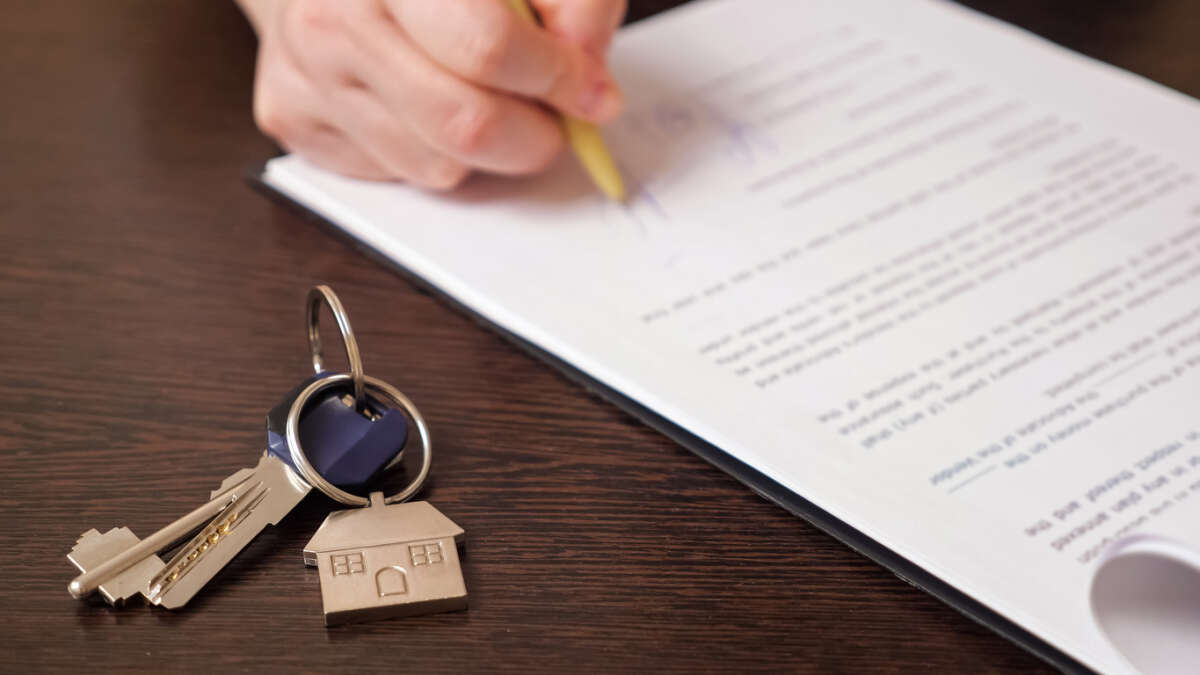Save on Fees and Experience Professional Service
IDEA DRIVEN VACATIONS
Search for Travel Guides, News, Events, Special Interests, and More!
-
Activities and Interests
Uncover fun activities and special interests for your upcoming trip
-
Event Travel
Plan your trip around concerts, festivals, and special events worth traveling for
-
Attractions
Explore top landmarks, scenic spots, and can't-miss local highlights
-
Travel Guides
Navigate each location like a local with our detailed travel guides
-
Travel News
Stay updated with the latest travel trends and vacation rental tips
-
Trip Ideas
Find inspiration for your next getaway with curated trip suggestions and themes
-
Travel Newsletter
Join our newsletter for exclusive travel insights, featured destinations, and trip planning tips
TRENDING
Lido Key Florida Travel Guide
Lido Key Florida
Myrtlewood Golf in Myrtle Beach, SC
Myrtle Beach South Carolina
Integration with OwnerRez
by Find Rentals
Big Sky Ski Resort Guide | Montana’s Premier Ski Destination
Big Sky Montana
SEO for Vacation Rental Owners
by Find Rentals
The Importance of a Room Lease Agreement

The option of renting a room is attractive to people for different reasons. Some consider it a financially reasonable choice as it is cheaper than renting an apartment. Others just prefer having company in a shared home. Whatever your case is, don't forget about the legal peculiarities of such a lease. Once you have found the space you want to call home, you need to sign a room lease agreement. What is it? How does it protect your rights? What information should it include? This guide provides all the answers.
Legal Side of Renting a Room
When you lease a separate room in an apartment, there are certain legal aspects you'll need to settle down. First, gather essential documents, like your ID and proof of income, as the property owner may ask to verify who you are and that you can afford the rent. Having references from previous living situations is helpful: a note from a former roommate or property manager can go a long way.
Before you sign the room lease agreement, read it carefully and speak up if anything is confusing or doesn't seem fair. Make sure to include important points, such as how long you'll stay, the amount of rent, and how you'll pay. Discuss whether utilities are included and understand the deposit terms — how much you must put down and what you must do to get it back. This way, you set clear expectations and reduce the chance of disputes.
Components of a Room Lease Agreement
If it's your first experience of renting a room, you should pay attention to clauses and details that should be present in your contract with the landlord, namely:
- Names and contact information: The document should list your name and the property owner's, along with methods to reach each other. This information is vital, for instance, when you need to address a maintenance issue quickly.
- Description of the space: The agreement should outline details about the area you're renting, including any shared sections like the kitchen or bathroom.
- Duration of stay: This specifies the length of time you'll be living there, whether on a monthly basis or for a set period like six months. Knowing the timeline helps you plan and avoid unexpected changes.
- Rent details: This part outlines what you owe, when payments are due, and the methods you should use. For example, the landlord may prefer electronic transfers.
- Deposit information: This clause explains the initial financial requirement, conditions for recovery, and any potential deductions. Grasping this can save you from surprises later, like unexpected cleaning charges being deducted.
- Household rules: It outlines guidelines for things like guest visits or pet policies to maintain a peaceful living environment. For instance, if pets are allowed, it's important to discuss the size of the deposit with the landlord.
- Responsibilities for upkeep: The following clause describes tasks such as who is in charge of repairs or yard work and ensures everyone knows their roles.
Things to Consider Before Signing a Room Lease Agreement
When you're planning to rent a room, it's important to consider several key factors to ensure a positive experience. Here are five essential tips to keep in mind:
- Understand the full cost: Don't just focus on the monthly rent only. Consider additional expenses like utilities, internet, and any other fees. This helps you budget accurately and avoid surprises down the line.
- Review the terms: Carefully read the lease agreement. Look for details about the length of the stay, notice periods for moving out, and any penalties for breaking the agreement early. Being clear on these terms helps you avoid future complications.
- Inspect the space: Before making a commitment, inspect the room and common areas thoroughly. Check for any existing damage, ensure all appliances work, and take note of amenities promised by the landlord. Document any issues to avoid being held responsible later.
- Learn the house rules: Every shared living space has its own set of regulations. Make sure you're clear on policies regarding guests, noise levels, and shared responsibilities like cleaning.
- Meet potential roommates: If you'll share the living space with other people, try to meet them beforehand if possible. Discuss habits, schedules, and expectations to ensure a good fit and prevent conflicts down the road.
Conclusion
Living in a rented room can become an exciting experience and bring you many new useful communication skills. However, just like in the case of an apartment rent, it's important to settle down all the legal issues and sign an agreement with the landlord. Take your time, read carefully, and ask questions if needed. Start your new living journey with confidence.
Additional Find Rentals Articles
Attractions in the Black Hills of South Dakota
Black Hills & Badlands South Dakota
Fort Pickens State Park Gulf Breeze Florida
Gulf Breeze Florida
Outer Banks Annual Events and Festivals
Outer Banks North Carolina










